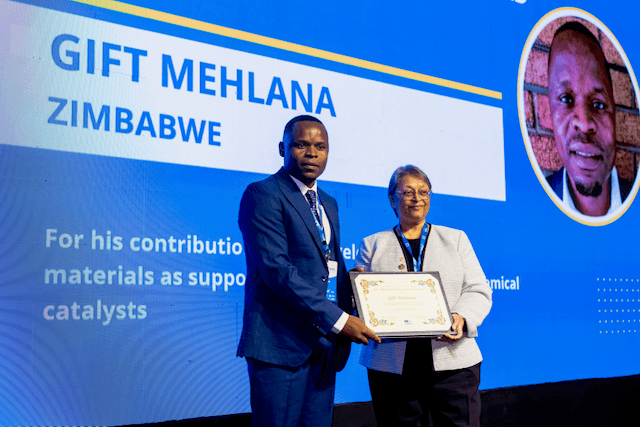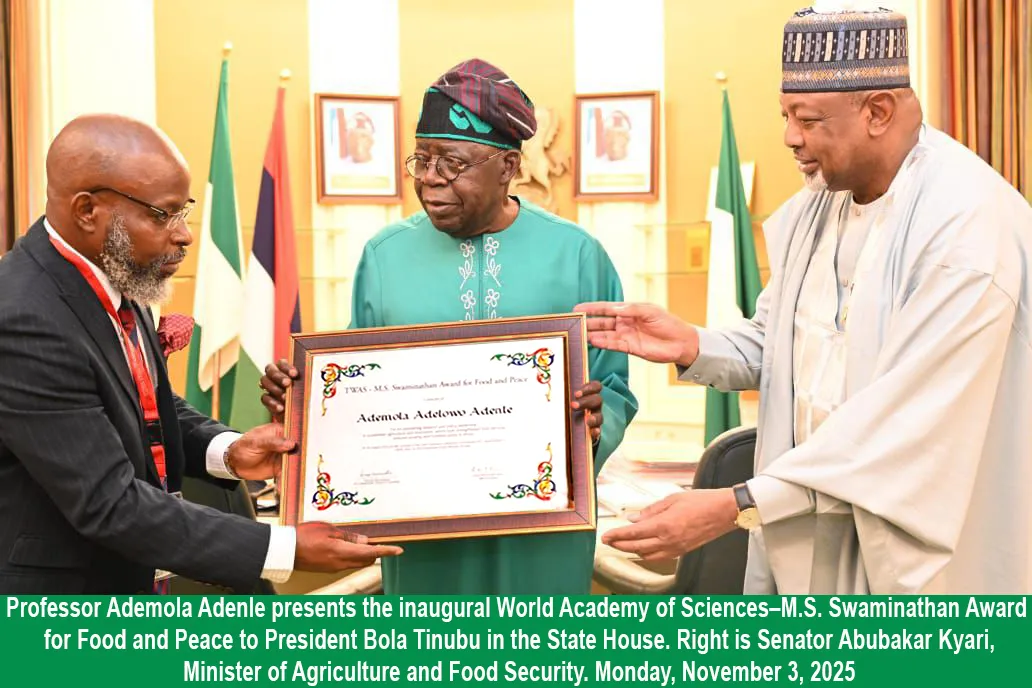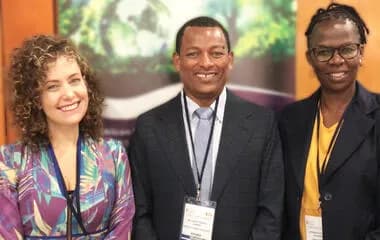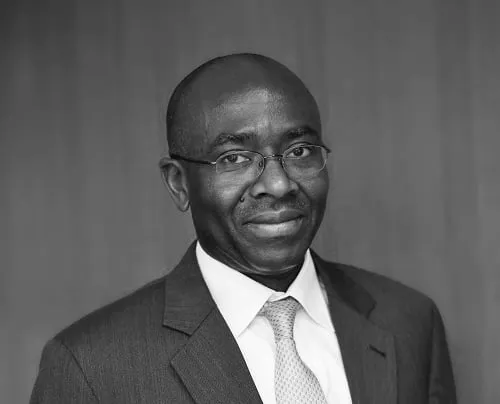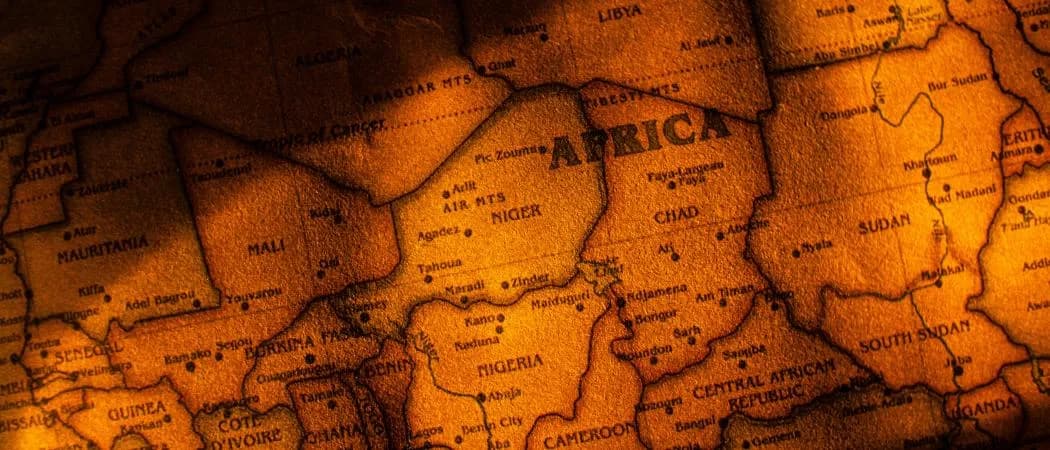News
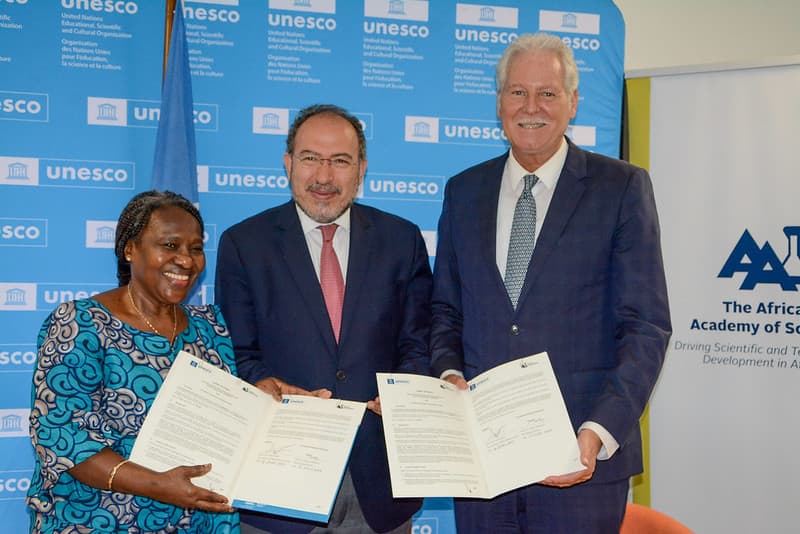
History was made on 9th June 2023 as the African Academy of Sciences (AAS) and the United Nations Educational, Scientific and Cultural Organization (UNESCO ) signed a Letter of Intent (LoI) to formalize their partnership and commitment to jointly promote sciences, technology and innovation for Africa to leapfrog into the future.
AAS Executive Director Dr Peggy Oti-Boateng and UNESCO Regional Director and Representative for Eastern Africa Prof Hubert Gijzen signed the letter of intent at UNESCO Offices in Gigiri Nairobi on Friday 9 June 2023, where Prof. Tawfik Jelassi UNESCO Assistant Director-General for Communication and Information presided over the ceremony.
The LoI outlined three main areas of collaboration:
Speaking on the partnership, Dr. Oti-Boateng stated: “This collaboration opens doors to explore new frontiers, unleash innovation, and harness the talents of our scientists, researchers, and educators.”
The letter of intent sets the stage for collaborative breakthroughs in all fields of science across the continent and serves as a testament to a shared commitment from the AAS and UNESCO to leverage their collective expertise and resources for the betterment of society.
"The signing of this LoI with the African Academy of Sciences is not merely limiting our corporation to the natural sciences, it incorporates a multisectoral approach to all UNESCO areas of competence,” said Professor Gijzen.
The collaborative efforts arising from this LoI are also positioned to deliver substantial advancements in scientific knowledge and innovation in key working areas of the AAS and UNESCO. Speaking to this, Professor Jelassi stated: “UNESCO has been very much at the frontier of developments in science and technology in innovation in open science, artificial intelligence, and bioethics recommendation.”
UNESCO has provided support and guidance to African countries in developing key science, technology, and innovation (STI) policies. As the AAS and UNESCO join hands, it holds immense promise for Africa's sustainable development, addressing pressing challenges, and unlocking its vast potential.
Read first blog on the UNESCO and AAS introductory meeting written and published by The United Nations Educational, Scientific and Cultural Organization (UNESCO), linked here.
